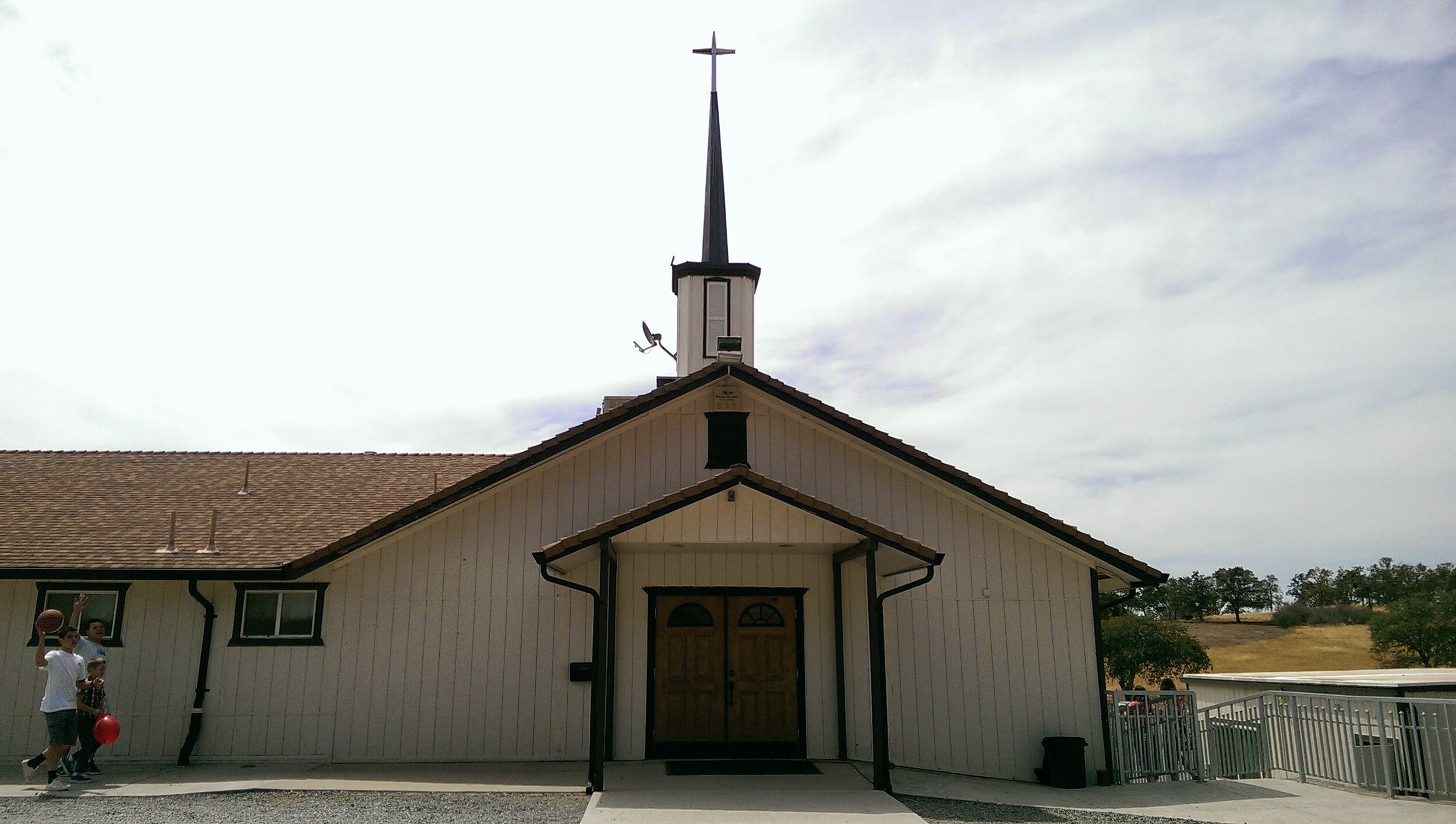“And they cast lots for them …” Acts 1:26 (ESV)They set some criteria, prayed, and drew straws. If you are a church-going person, I imagine, you would be fairly familiar and comfortable with the first two in making a decision or appointing the right person for a leadership position. But then to wrap it up and make it official by drawing a name out of a hat?Maybe you need a little more information on what happened there at the First Church of Jerusalem? Jesus had chosen twelve Apostles. One of them, Judas Iscariot, turned on him, betrayed him, and killed himself. This left a vacancy and they needed a replacement. Peter, himself being an Apostle, brought up the issue to the whole church (a congregation of about 120 faithful believers). The replacement candidate needed to meet certain criteria which qualified two people. So, who should they pick? That’s when they prayed, asking God to make his will clear to them, and then drew lots to decide between the two.Do you think it would’ve been better for them to have a vote? Maybe not. Think about it, drawing names took all the politics out of the decision, no personal preferences or connections coming into play, no election winners and losers, and no blaming if the person made mistakes afterward.What is equally interesting is that they only asked who qualified. They didn’t say, “All who qualify and want to, please raise your hand.” Whoever qualified, their names went into the hat. Keep in mind that this appointment would radically alter the life of the one chosen, they were conferring major and life-long responsibility. It seems, they considered the will of God and the need of the body of Christ (the church) as vastly more important than the personal implications for those who qualified. I dare say this is neither lukewarm Jesus-following nor casual church-membership. Makes me think of what Winfield S. Weeden penned, “All to Jesus I surrender, all to him I freely give.”“And the lot fell to Matthias, …” We are not told how he felt about it. For us, in our culture, in our day how we feel about it is important, so important that it is major criteria in our decision making, in what we are willing or unwilling to do. Maybe, this is why we struggle so often with our lot in life. How do we have to feel about the will of God before it is right? Before we are willing to embrace it? Matthias obviously thought the will of God and the need of Jesus love (the church, Ephesians 5:24) were much more important than his feelings, his fears, his reservations, his preferences, and his plans.“Joseph, called Barsabbas, who was also called Justus …” the other qualified candidate wasn’t chosen. He had three names; seems like he was better known, maybe more popular. The lot didn’t ask about his feelings either. No word on how he took it, how he felt about it, but we do not hear about any stink following Matthias’ appointment, no jealousy, no bitterness, no complaining. What we do know is that he was willing, that the will of God and Jesus’ church were so important to him that he did not shrink back from what God wanted and the church needed.To God be all glory. Love you, Pastor Hans
Der German shepherd
Pastor's Notes from a Country Preacher
×
Keywords
- Advent/Christmas
- America
- Bible
- Blessings
- Change
- Choices/Decisions
- Christianity
- Church
- Cross
- Easter
- Faith
- Fatherhood
- Forgiveness
- Freedom
- Giving/Generosity
- Godliness
- Gratefulness
- Grief
- Habits
- Holiness
- Hope
- Jesus
- Joy/Happiness
- Judgement
- Justice
- Kindness
- Love
- Neighbor
- New Year
- Parenting
- Patience
- Peace
- Politics/Election
- Prayer
- Racism
- Resilience
- Salvation
- Sanctification
- Servanthood
- Sin
- Spiritual Growth/Health
- Suffering
- Testimony
- Thanksgiving
- Tithe
- Transformation
- Transparency
- Wisdom
- Witness
